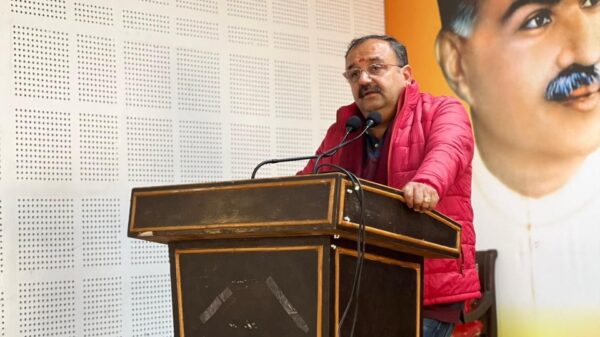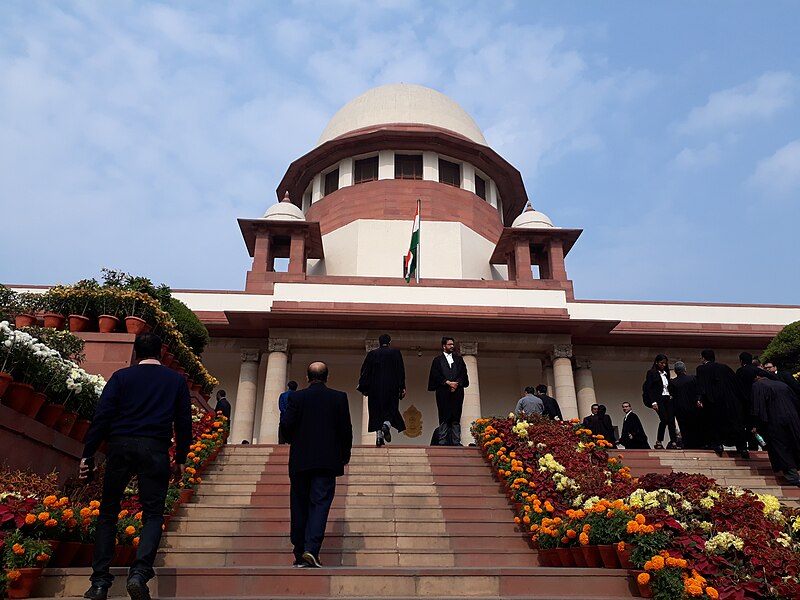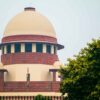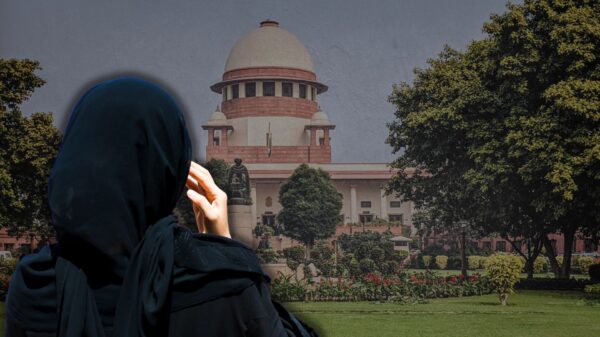On Thursday, February 15, the Supreme Court delivered a landmark verdict, striking down the electoral bonds scheme as unconstitutional. The apex court ruled that the scheme infringes upon the freedom of speech and expression guaranteed under Article 19(1)(a) of the Constitution.
Pronouncing judgment on pleas challenging the validity of the electoral bonds scheme, CJI Chandrachud said, “There is also a legitimate possibility that financial contribution to a political party would lead to quid pro quo arrangements because of the closed nexus between money and politics. Quid pro quo arrangements could be in the form of introducing a policy change or granting a license to the person making a financial contribution to the political party in power. The electoral bond scheme and the impugned provisions to the extent that they infringe upon the right to information of the voter by anonymizing contributions through electoral bonds are violative of Article 19(1)(a).”
CJI Chandrachud underscored the importance of transparency in political funding, stating that political contributions grant contributors access to legislators and influence over policymaking. He said that the information regarding the funding of political parties is essential for voters to make informed choices.
“One of the factors contributing to political inequality is the difference in the ability of persons to influence political decisions because of economic inequality. Economic inequality leads to deferring levels of political engagement because of the deep association between money and politics,” he said.
The 5-judge Constitution Bench, led by CJI Chandrachud, had reserved its verdict in November 2023 after hearing arguments for three consecutive days. The petitioners contended that the electoral bonds scheme violates citizens’ fundamental right to information, promotes corruption, and creates an unequal playing field for political parties.



































































